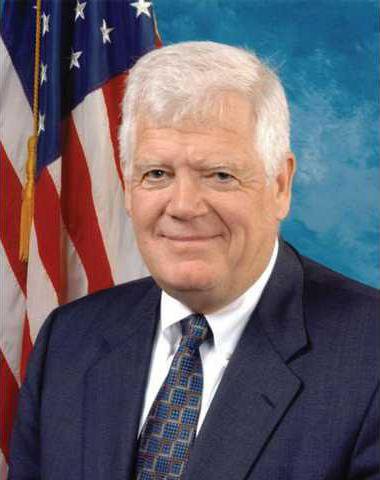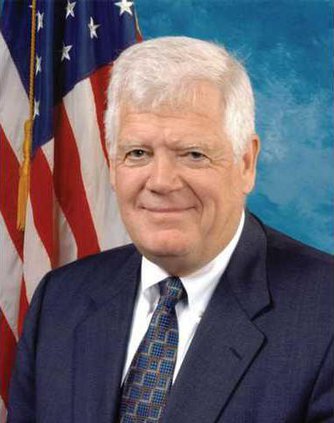The other side: Repealing health care law will create jobs, grow economy
The newest line of Republican attack on the president is to say that the new health care law is hurting job growth because it creates "uncertainty" for businesses. Nonpartisan research shows this isn't true, and we should have a responsible debate about creating jobs and dealing with our deficit.
The real economic problem in America is that consumers don't want to spend and we're not doing a good job of selling our goods overseas. Republicans don't want to address either problem - they just want to downsize government and leave everything to the free market to solve.
After yelling their "Where are the jobs?" mantra for the past three years, they have spent nine months in control of the House of Representatives without writing a single jobs-creating bill.
Our sole focus right now should be on the unemployed and employers — retraining, investing, making it easy for workers to get back in the economy and grow business.
Instead of trying to create jobs, the Republican majority has gone on an all-out cutting spree - ending much-needed government programs for women, infants and children; choking off funding to fledgling renewable energy industries; and decreasing investments in education and infrastructure.
Private industry is sitting on over $2 trillion in cash, waiting for the economy to improve. That money could be spent on jobs, but it's not. In the absence of job creation in the private sector, the government must step in, just as it did in the mid- and late-1930s.
The Great Depression has numerous telling lessons, especially when it comes to government spending.
President Franklin Delano Roosevelt started large government spending programs in 1933, and by 1936, unemployment had dropped by almost 10 percentage points. Then in 1937, Roosevelt got cold feet about the rising deficits and cut off the spigot of federal funding as the economy was still fragile — and that drove the U.S. back into a recession.
In 1939, as the government started spending again in preparation for war, our economy emerged from the Great Depression.
Fast-forward to today. The Republicans' solution to America's fragile economy is cutting government spending, a policy they've pursued for nine months now. But what has it accomplished? Nothing for jobs; nothing for the economy.
Republicans like to blame the 2010 health care law for creating uncertainty among businesses, which, as their theory goes, discouraged businesses from hiring. There is uncertainty, but it has been created by the Republicans.
The health care law set realistic deadlines and benchmarks for businesses to meet incrementally over the next 3 to 5 years. But it is the Republican's endless efforts to repeal the law that has created uncertainty. Businesses - and some states - are now questioning if they should proceed with implementation or hold off.
Add to this equation the uncertainty that businesses experienced as we veered near a government shutdown in April, not to mention the recent debt-ceiling debacle. Neither of these events had to be handled in an eleventh-hour, dead-of-night manner as they were by the Republicans.
Rather than create further uncertainty by trying to dismantle the existing health care law, we should focus on giving businesses the certainty that the federal government is here to rebuild America through a national infrastructure bank - one that could employ millions of Americans; enable us to compete with China's high-speed rail and Internet, and spur other business-friendly technologies.
More than anything else, businesses want certainty - certainty that America is going to have the infrastructure, technology and trained workforce, in addition to a stable health care system, that will support the development of today's and tomorrow's products.
Businesses will hire when America's infrastructure is fortified and economy stabilized, which will require federal government spending. The "uncertainty" related to the health care law is nothing more than a Republican-manufactured myth.
Rep. Jim McDermott is an 11-term Democrat representing the Seattle area and the only psychiatrist among the 16 medical doctors serving in Congress.

